
G點電視以新媒體介入性/別小眾運動,鼓勵及引導義工成為行動者、尋找自己感興趣的議題,學習營運媒體,為社群充權。請賞我們幾個拍手或一杯咖啡,讓我們支持平台及團隊持續運作。
Tokyo to be the ninth prefecture in Japan to recognize same-sex partnerships in November
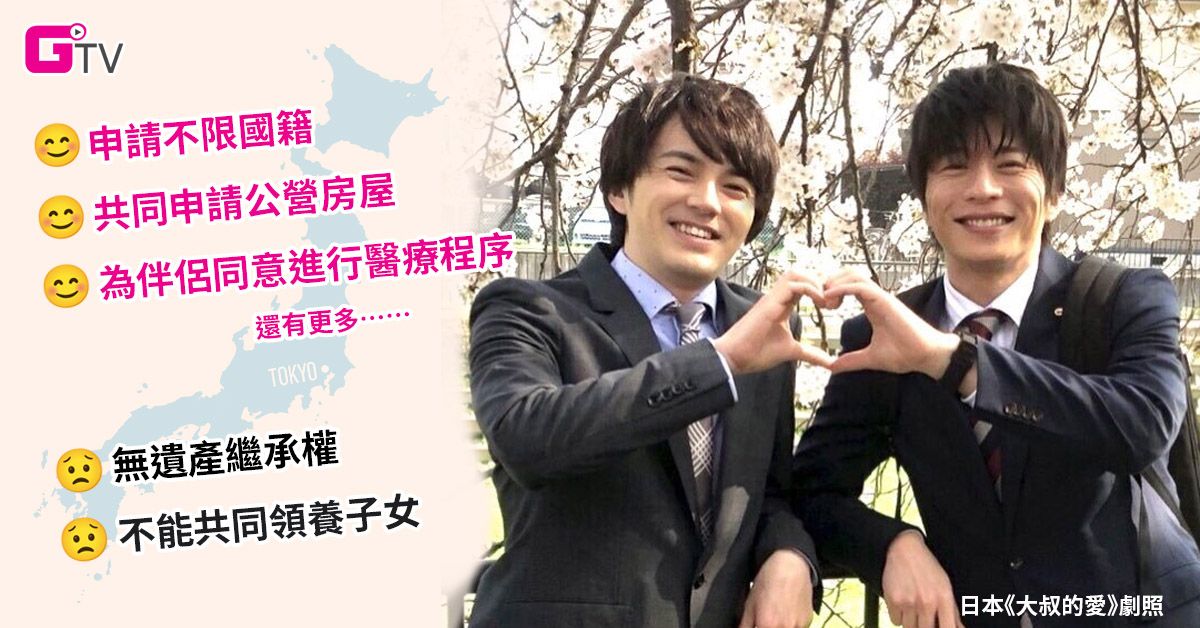
Information collation and writing: Jeffrey
Text Editor: Jinner
Website Editor: EQ
Follow GDotTV Telegram Channel,
Stay up-to-date with the latest news on G-spot TV!
The Tokyo Metropolitan Government of Japan released a draft plan on May 10, stating that it intends to formally recognize same-sex partnerships and establish a "Tokyo Partner Oath System" from November. The draft will be reviewed by the Metropolitan Assembly in June. The plan is limited to adult residents of Tokyo. One of the partners must live, work or study in Tokyo, and one of them plans to move to Tokyo within three months. However, there are no restrictions on nationality. Applications will be accepted from October. If the plan goes through, Tokyo will become the ninth prefecture to establish a same-sex couple registration system after Aomori, Akita, Ibaraki, Gunma, Mie, Osaka, Fukuoka and Saga prefectures.
Hope to "promote residents' understanding of gender diversity" and "reduce the inconvenience of sexual minorities"
On December 7 last year, Tokyo Governor Yuriko Koike attended the Tokyo Metropolitan Assembly and stated that she plans to recognize same-sex partnerships by April 2023 at the latest. At present, many districts in Tokyo will issue "partnership certificates" to same-sex couples, including Shibuya District, Bunkyo District and Minato District, but not all districts recognize this certificate, and after the establishment of the new system, it will be extended to the entire Tokyo Metropolis . Koike pointed out that Tokyo residents and LGBT activists have always hoped that the government would recognize same-sex partnerships, and the amendments are in response to their demands, hoping to “promote Tokyo residents’ understanding of gender diversity and reduce the inconvenience of LGBT people in their daily lives, so that They have a happier life." If the same-sex couple registration system is officially launched in November, it will be five months earlier than originally planned.
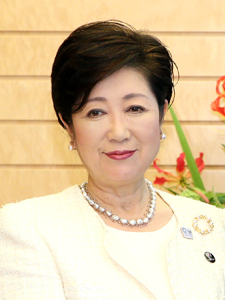
After registration, you can increase your rights and interests, and you can sign a paper for surgery and apply for public housing.
The details of the plan are still being discussed, and it is expected that once passed, Tokyo residents will be able to agree to medical procedures for same-sex couples, inherit the cemetery of the public cemetery, and the same-sex couples of civil servants can also enjoy social benefits equal to that of husband and wife. After registration, same-sex couples can be regarded as the other's family members in terms of some life insurance, mobile family preferential packages, public housing applications, etc. In addition, in order to protect privacy, applicants can complete the application procedures online, and the certificate will be issued online within 10 days. If the applicant has children, the names of the children may also be added to the certificate.
At present, there are also same-sex couples who use the foster care system (called "rikin" in Japanese), where the older one "adopts" the younger one. After that, the partners can register in the household registration system and become the other's family members, thereby gaining legal rights. To handle civil matters such as inheritance, hospital visits and funerals, etc. In December 2016, the Osaka city pro-system approved the first application for a same-sex couple.
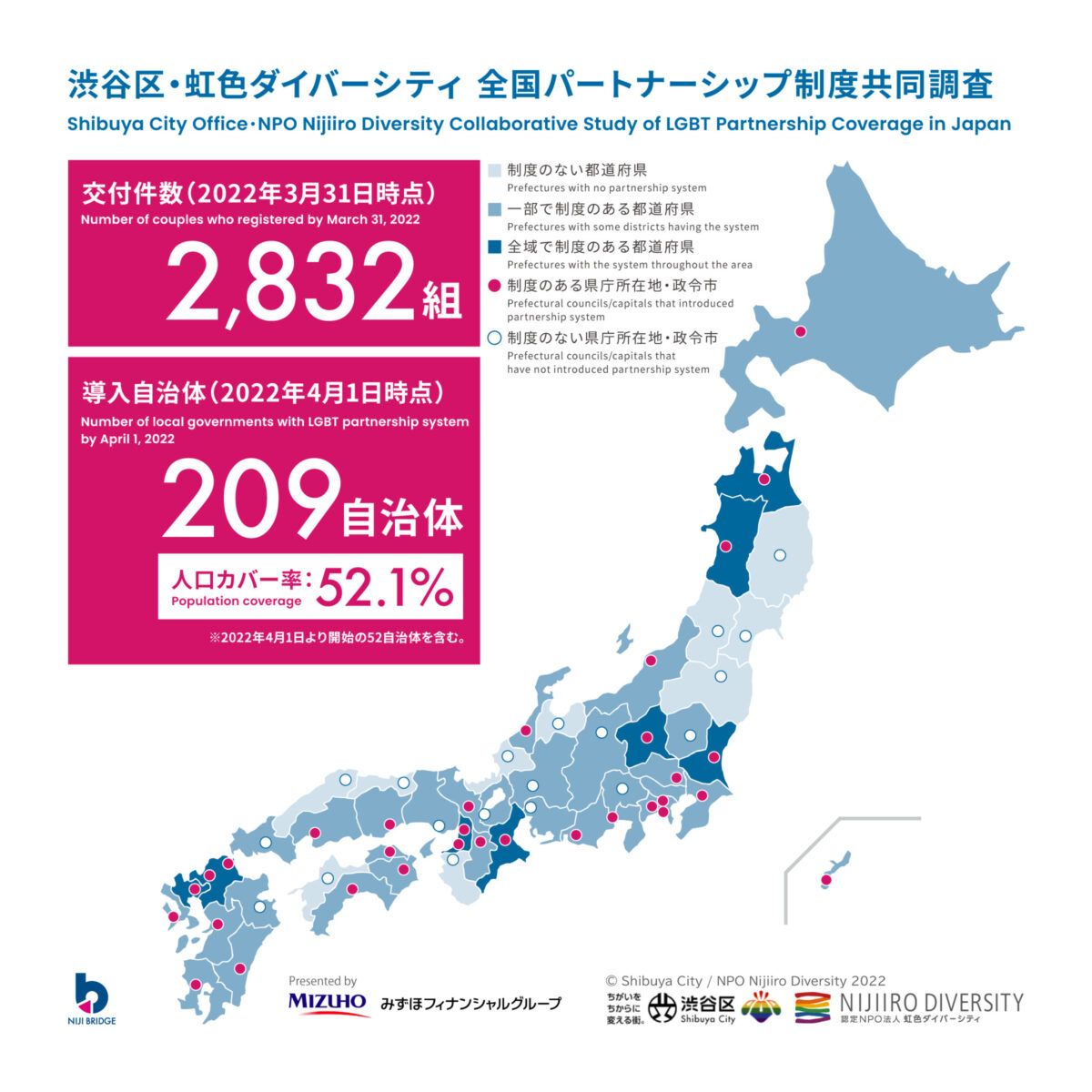
The areas involved in the growing number of counties and cities that recognize same-sex partnerships cover more than half of the country's population
At present, many local governments in Japan have established a registration system for same-sex partners, covering more than half of the Japanese population. On April 1, 2015, Shibuya Ward in Tokyo took the lead in issuing a "partnership certificate" to same-sex couples, officially recognizing their cohabitation relationship and protecting civil rights. In the future, as of the beginning of April this year, 208 city or ward governments have followed, and the entire prefectures have recognized same-sex partnerships, including Ibaraki Prefecture (starting in July 2019) and Osaka Prefecture (starting in January 2020) , Gunma (from December 2020), Saga (from August 2021), Mie (from September 2021), Aomori (from February this year), Akita (from April this year) and Fukuoka Of the eight prefectures (starting in April this year), Tokyo will be the ninth. Since the establishment of the same-sex couple registration system in Shibuya City to the end of March this year, 2,832 couples have been registered across Japan.
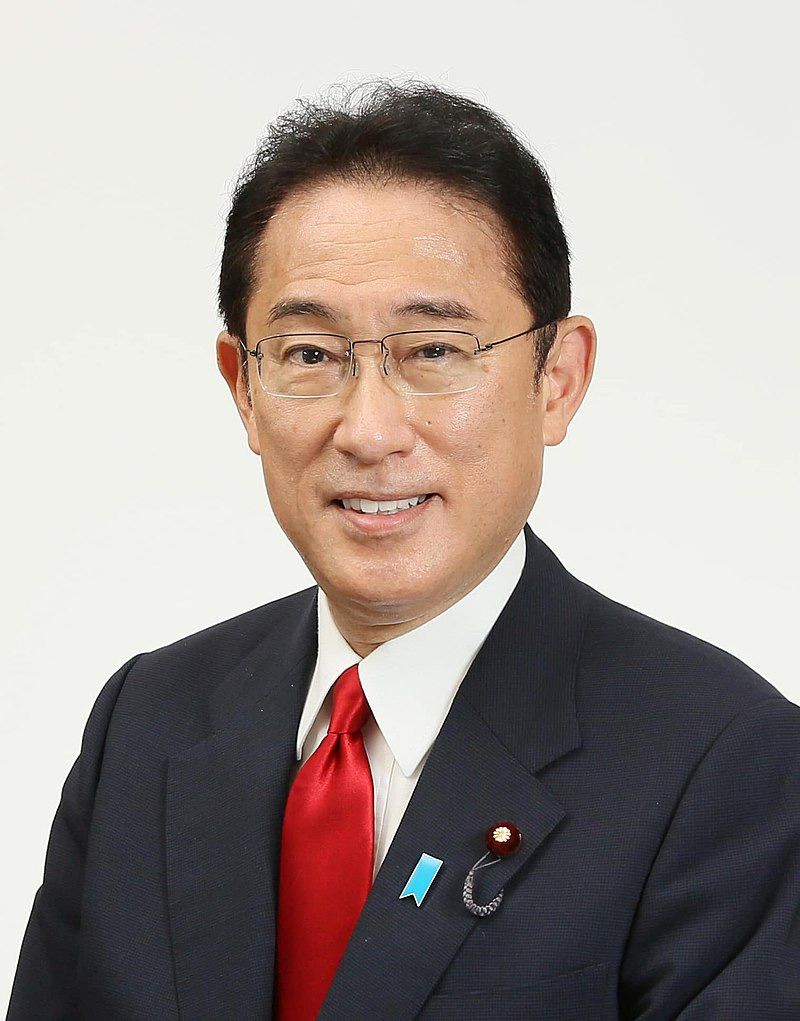
After registration, the rights and interests are not as good as that of the couple. The Prime Minister is conservative and the road to marriage equality is still long.
Although same-sex couples can register their relationship with some local governments, which is a small victory in the gender equality movement, the above registration system is not legally binding, and some rights and interests after registration are still inferior to couples, such as the inability to jointly adopt children and raise adoptive parents. Children, no inheritance rights and tax benefits.
The Japanese government still does not recognize same-sex marriage. On June 3, 2019, the National Assembly held a meeting. The three opposition parties, the Cadets, the Communist Party of Japan, and the Social Democratic Party, submitted the "Marriage Equality Bill" to the House of Representatives, advocating to amend the civil law to make it clear that same-sex couples can marry. According to a survey conducted by the Asahi Shimbun in March last year, 65% of respondents supported same-sex marriage . In the same month, the Sapporo court also ruled for the first time that the government did not recognize same-sex marriage as unconstitutional, but the actual process is still unclear. Currently, only Japan in the Group of Seven (G7) does not recognize same-sex marriage. Prime Minister Fumio Kishida, who belongs to the more conservative Liberal Democratic Party, is only cautious about recognizing same-sex marriage. In addition, recently same-sex marriage lawsuits have been launched all over Japan. A representative of the Japanese government actually stated that "from a biological point of view, same-sex couples cannot have children, so they cannot be treated on the same level as opposite-sex couples." Therefore, it is believed that same-sex couples will still not be able to get married in Japan in the short term.
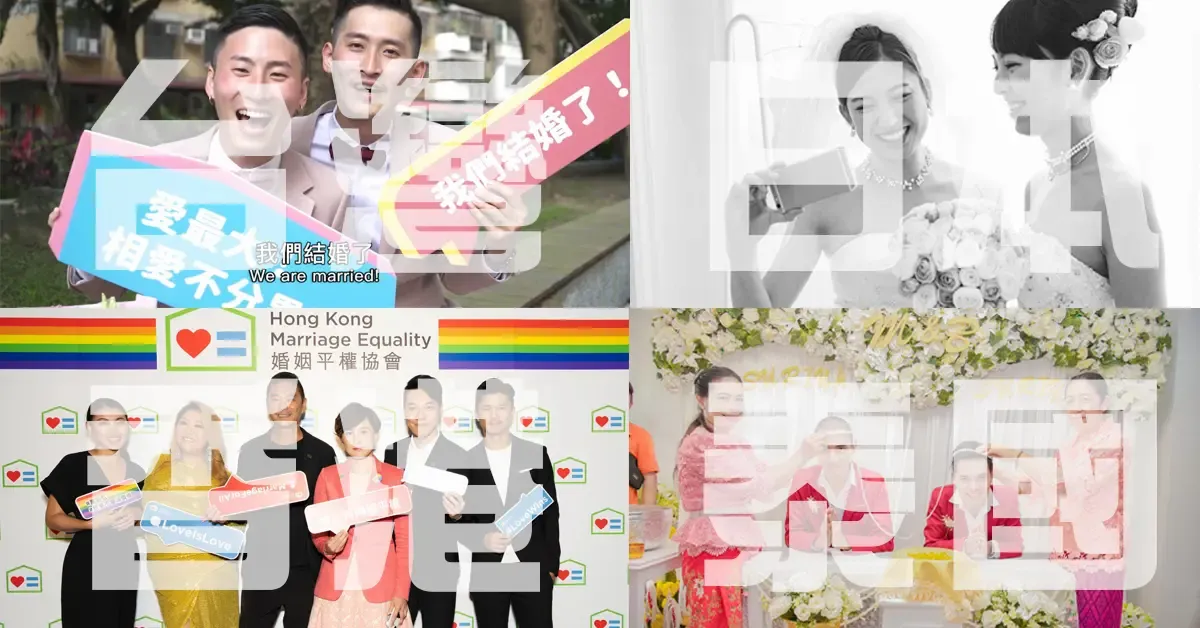
Further reading: [Marriage Equal Rights] One article to understand! Progress of marriage equality in Taiwan, Thailand, Japan and Hong Kong
Original link G-spot TV
Like my work?
Don't forget to support or like, so I know you are with me..
Comment…